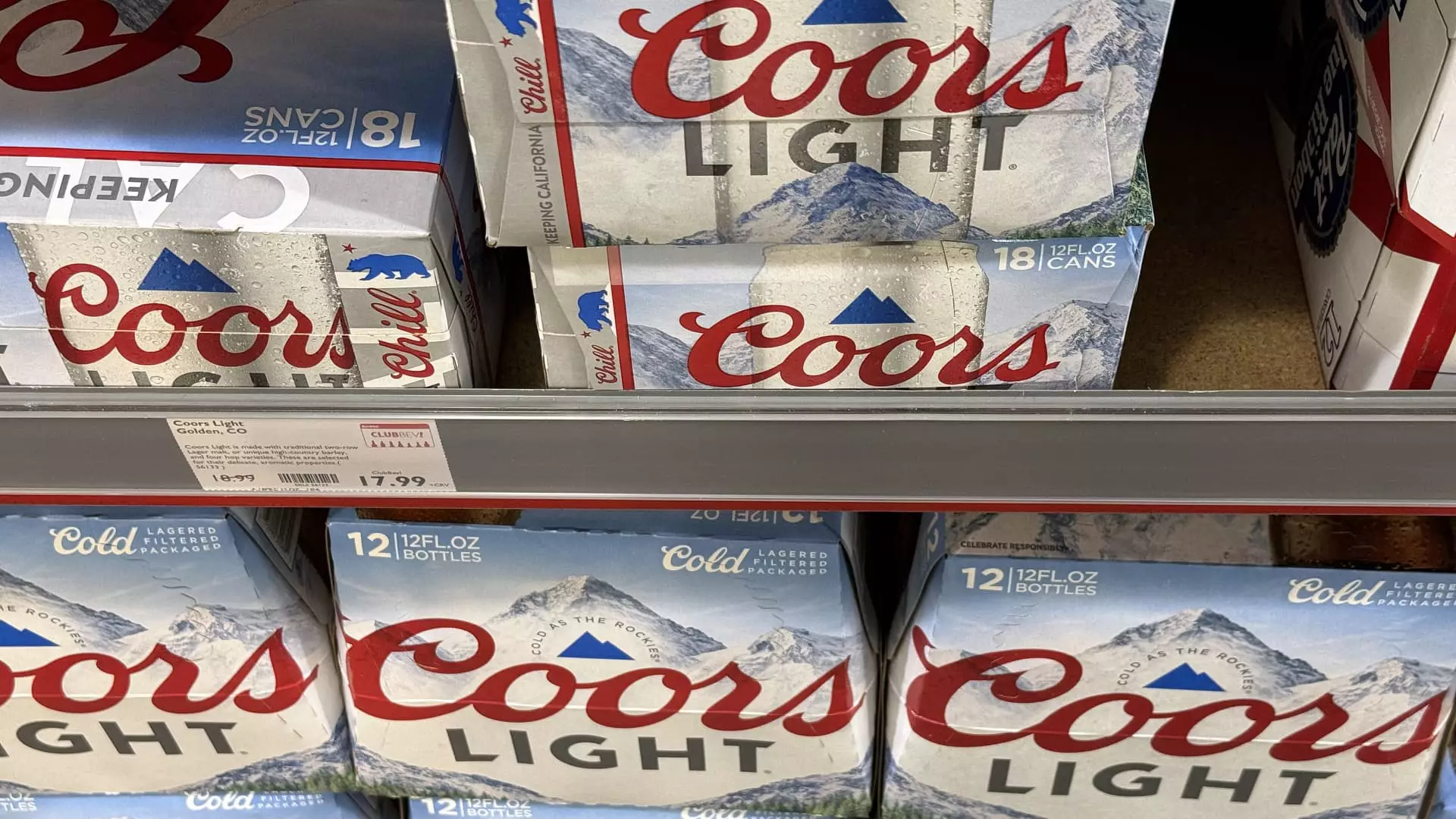Molson Coors recently made the decision to reverse its diversity, equity, and inclusion (DEI) policies, joining a growing number of companies taking similar actions. The company’s executives announced the elimination of supplier diversity quotas, citing complexity and external factors beyond their control. Despite this change, Molson Coors emphasized its commitment to ensuring that its suppliers reflect its diverse consumer base. Additionally, the company stated that executive incentives will no longer be tied to aspirational representation goals, effective from the following year. The brewer also revealed plans to revamp its training programs to focus on key business objectives rather than DEI-based training.
Moreover, Molson Coors plans to rebrand its Employee Resource Groups as Business Resource Groups while maintaining their existing functions. The company will no longer participate in voluntary third-party rankings, such as the Human Rights Campaign’s Corporate Equality Index, which evaluates corporate equality measures for LGBTQ+ individuals. Although Molson Coors previously scored a perfect 100 on the index, it has decided to withdraw from such rankings. However, the company assured that these changes will not impact employee benefits, nor will they diminish its commitment to fostering an inclusive workplace culture where all employees feel welcome.
In line with its revised approach, Molson Coors intends to align its corporate charitable giving programs with its core business goals. This includes supporting initiatives related to alcohol responsibility, disaster relief efforts, and promoting access to higher education. Notably, the company had previously raised significant funds for LGBTQ+-focused organizations through its “Tap Into Change” program and sponsored Pride festivals. Despite conservative activist Robby Starbuck’s assertion that these changes were reactionary, Molson Coors clarified in its memo that the decision had been in the works since March.
Molson Coors’ shift in DEI policies reflects a broader trend among retailers and corporations that have reevaluated their diversity initiatives. Tractor Supply, Harley-Davidson, Lowe’s, and Ford are among the companies that have also scaled back their DEI efforts in recent months. These actions follow a resurgence of interest in corporate DEI practices in the aftermath of the George Floyd murder and the Black Lives Matter protests in 2020. However, the landscape has shifted, particularly with the Supreme Court’s decision to overturn affirmative action in colleges, raising concerns about the future of diversity initiatives in both academic institutions and corporate settings.
While the reversal of affirmative action primarily impacts academic institutions, there is growing apprehension that the anti-DEI sentiments pervading society will seep into corporate America. Companies like Molson Coors are navigating this delicate balance between addressing diversity considerations and responding to external pressures. The challenge lies in maintaining a diverse and inclusive workplace while adapting to evolving socio-political dynamics and legal frameworks.
Molson Coors’ decision to backtrack on its DEI policies underscores the complexities and challenges faced by corporations in managing diversity and inclusion. As the business landscape continues to evolve, companies must carefully navigate the shifting terrain of DEI practices to foster equitable and respectful workplaces.


Leave a Reply